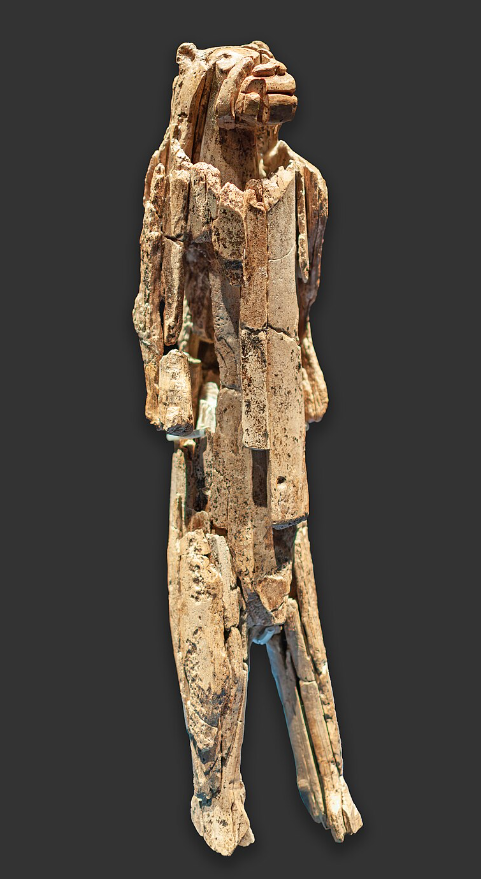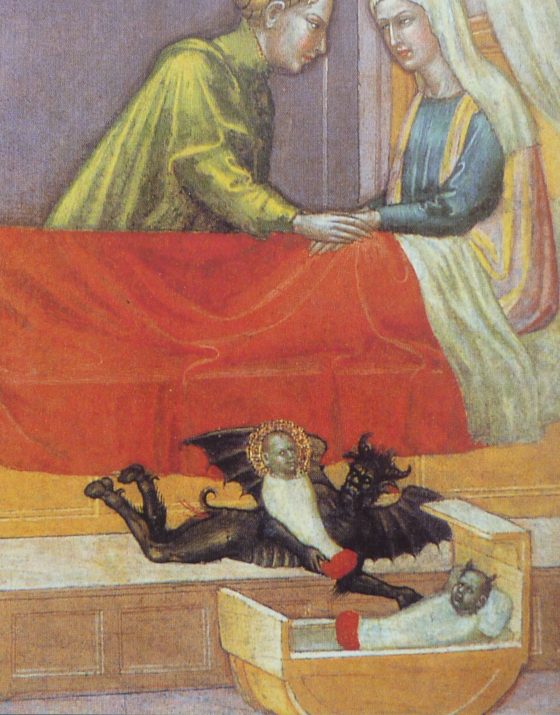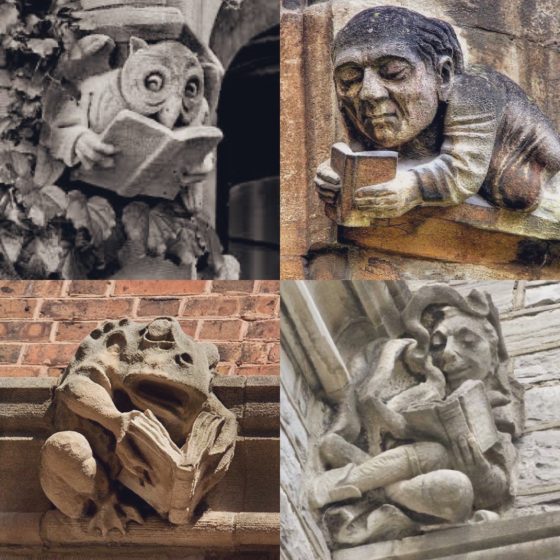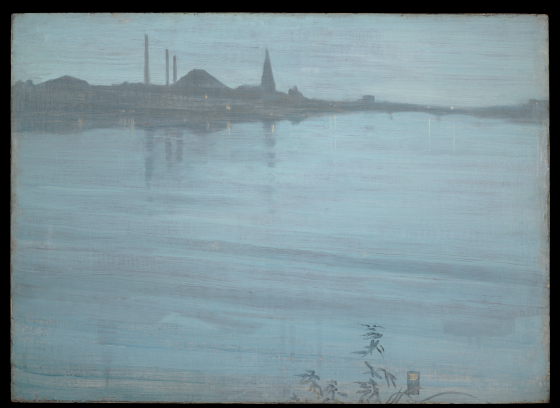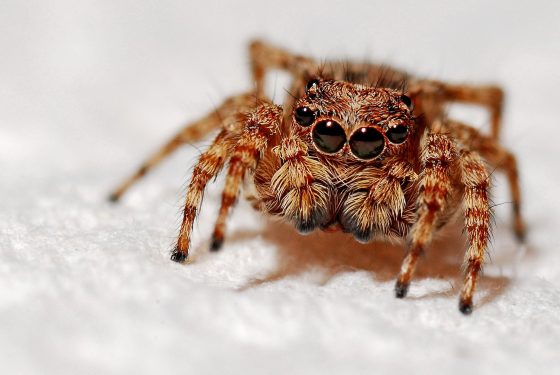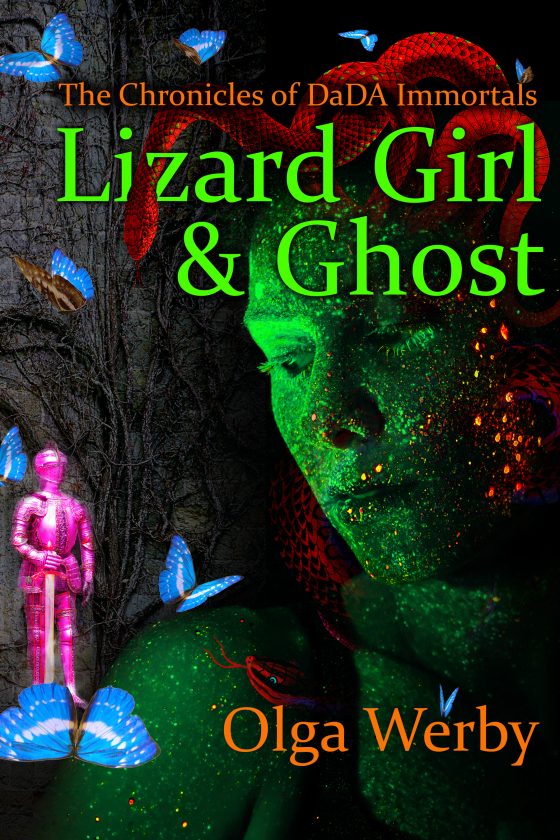
We mark the passage of time through personal milestones and seasonal holidays. Another major marker is bearing down on us — December! All the gift giving, family gatherings, end-of-year parties, and toasting mark another round trip around our star. We are on a continuous ride through time and space. We are never at the same place at the same time. Our lives are flux personified. Change is the thing that lives are made of. Humans hate change. We always yearn for the good old days even as we don’t remember them personally and even when we totally misunderstand history. Nostalgia is big. Change seems bad. I get it. I’d rather go the same old restaurant, order the same food, and wear the same comfortable clothing year after year. When my favorite store closes, I take it personally. When my neighborhood changes, I take it as an affront. I want things stable and familiar. I don’t want to spend my mental resources learning useless-to-me new ways of doing things. And I have a sense that most people are more like me than not, given that we all fall somewhere on the spectrum of hating novelty to needing it. So when the…

